BORN IN MICHOACÁN, Mexico, Tania Manrique was a resource specialist at a non-profit organization. “I’m Mexican with a dual citizenship,” she says, as she grew up in the U.S. after she moved here at an early age.
What do you think of the term Latinx to identify people of Latino American or Spanish background?
I think it’s fine if that’s how someone chooses to identify as. It can be used negatively though if that’s not how someone wants to be considered as.
Do you feel like Latinx is just an excuse for corporations to lump all Latino cultures together?
It is a way to generalize a group and make it simpler to understand. It was created for it to be easier to put all these Latinos or people coming from Latin America into a group together.
Do you feel its ok to use generalizations in general?
Not for the most part because most of the time, it leads to negative connotations and stereotypes, although there are generalizations that will still be used, but for the most part, no.
Has your experience as a Latinx person isolated you to the way you grew up, or have you been able to branch out culturally?
In the U.S. the way that you are seen that’s put onto you, you know you carry it. But that’s the way people see you and stereotypes you. But at the end of the day that’s not who you are. Every culture has people who are different within every culture. I think I have been able to branch out as to how other people see me. I have been isolated a few times, not for the most part, since I grew up where the community was mostly Latino. Maybe a few times at work [felt isolated] but only occasionally.
How have these labels changed from your country of birth and now living in the U.S?
Yes. In Mexico you’re not Latina or you’re not Hispanic; you’re just Mexican.
“In Mexico you’re not Latina or you’re not Hispanic; you’re just Mexican.”
How do you navigate U.S. culture? What type of culture shock have you experienced?
I did not speak English at all, so yes, I experienced some difficulty adjusting to the language and the different ways things were over here at school.
Do you speak Spanish? How do you view Spanish as an attribute of your identity? How important it is?
Yes, I do. I do attribute as a big part of my identity, and it is very important to me. I feel more comfortable expressing myself in Spanish. I had difficulty with grammar in English especially when going to school and college. [Spanish] is a big part of my identity.
Does that comfortability come from the fact that you feel you can communicate with people better in Spanish?
Yes, probably, although I do think I am starting to feel comfortable communicating in both.
Would you say your culture is “better” than someone else’s who is of a different ethnicity or country?
No, I don’t think so. I think all cultures are the same and we can learn from each other. It depends on how people view things, because all countries have problems and if a person really thinks that their country doesn’t then they probably don’t know their history or are not really paying attention.
Does cultural appropriation bother you?
I think it’s wrong because it is essentially stealing. I guess there’s a difference in what they call cultural appropriation and what they call cultural appreciation. Because throughout history we have exchanged ideas, shared cultures and we have to acknowledge what we learn and borrow from each other. But appropriating does the exact opposite [when they] are not getting benefited from a product or given the credit they deserve.

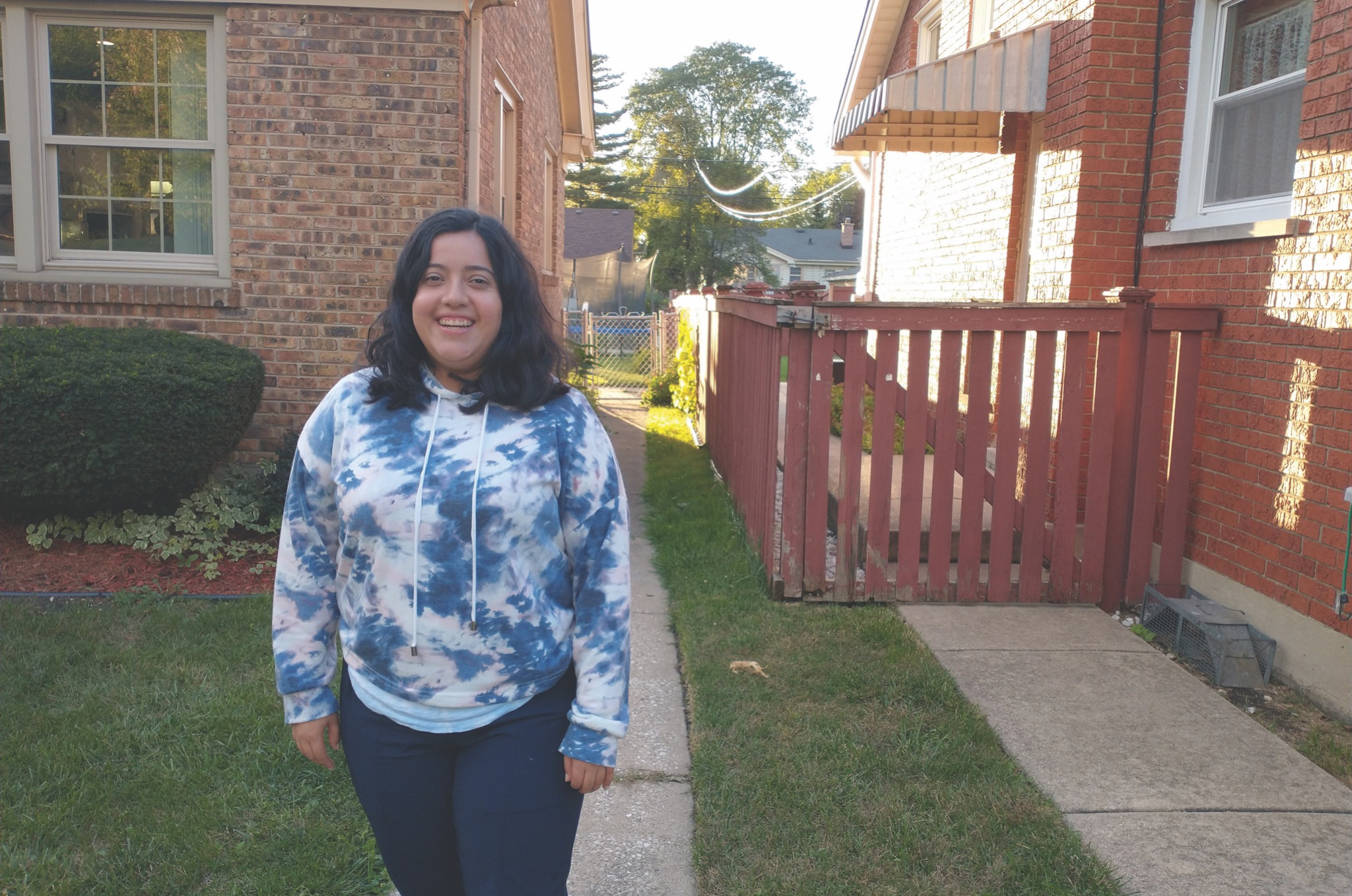
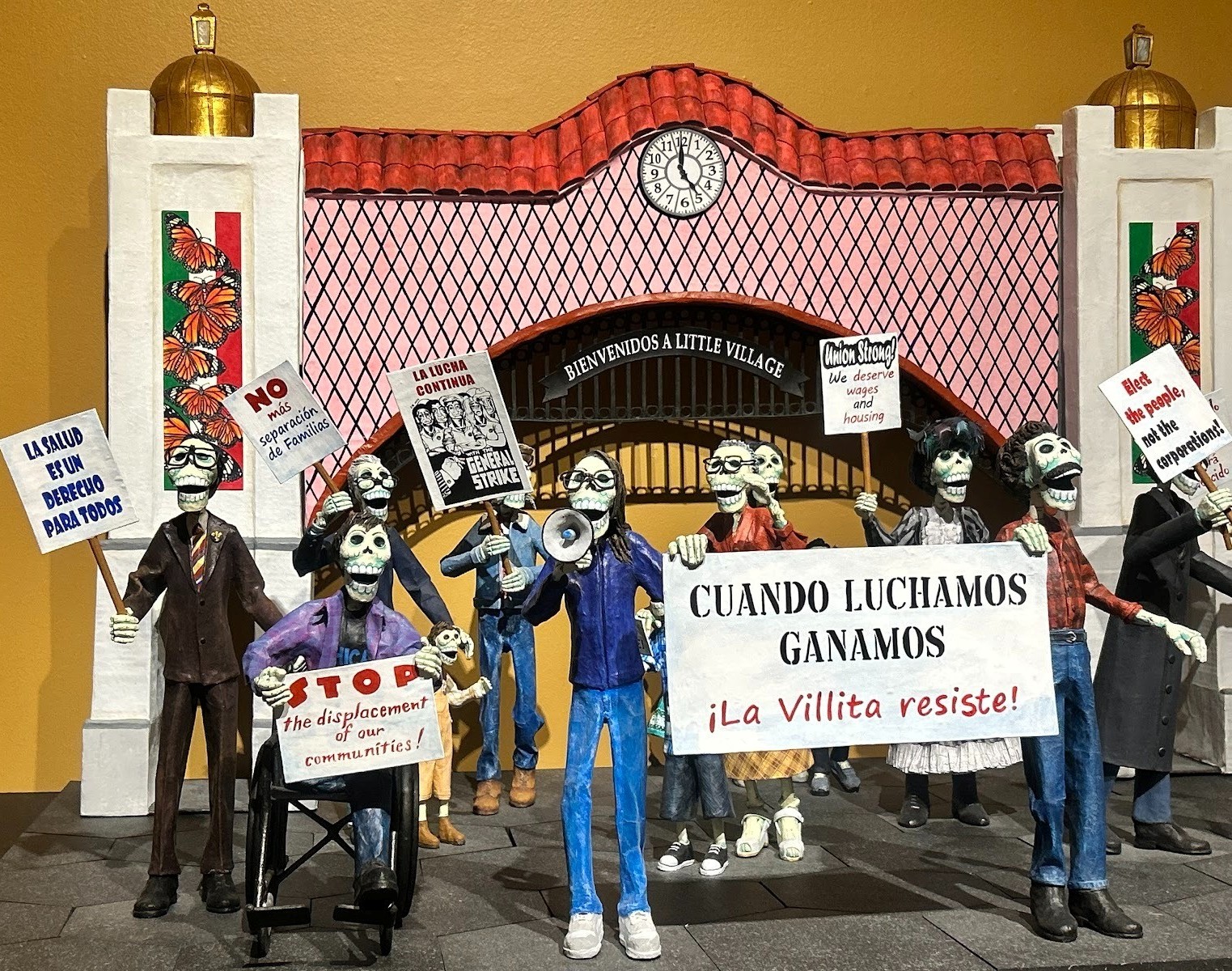

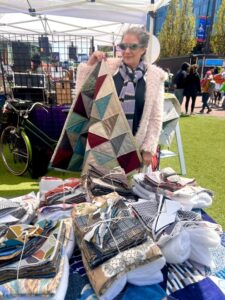










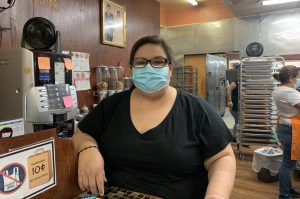




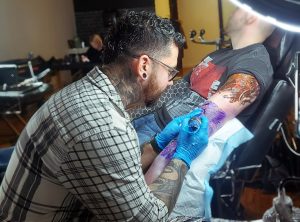
Be First to Comment